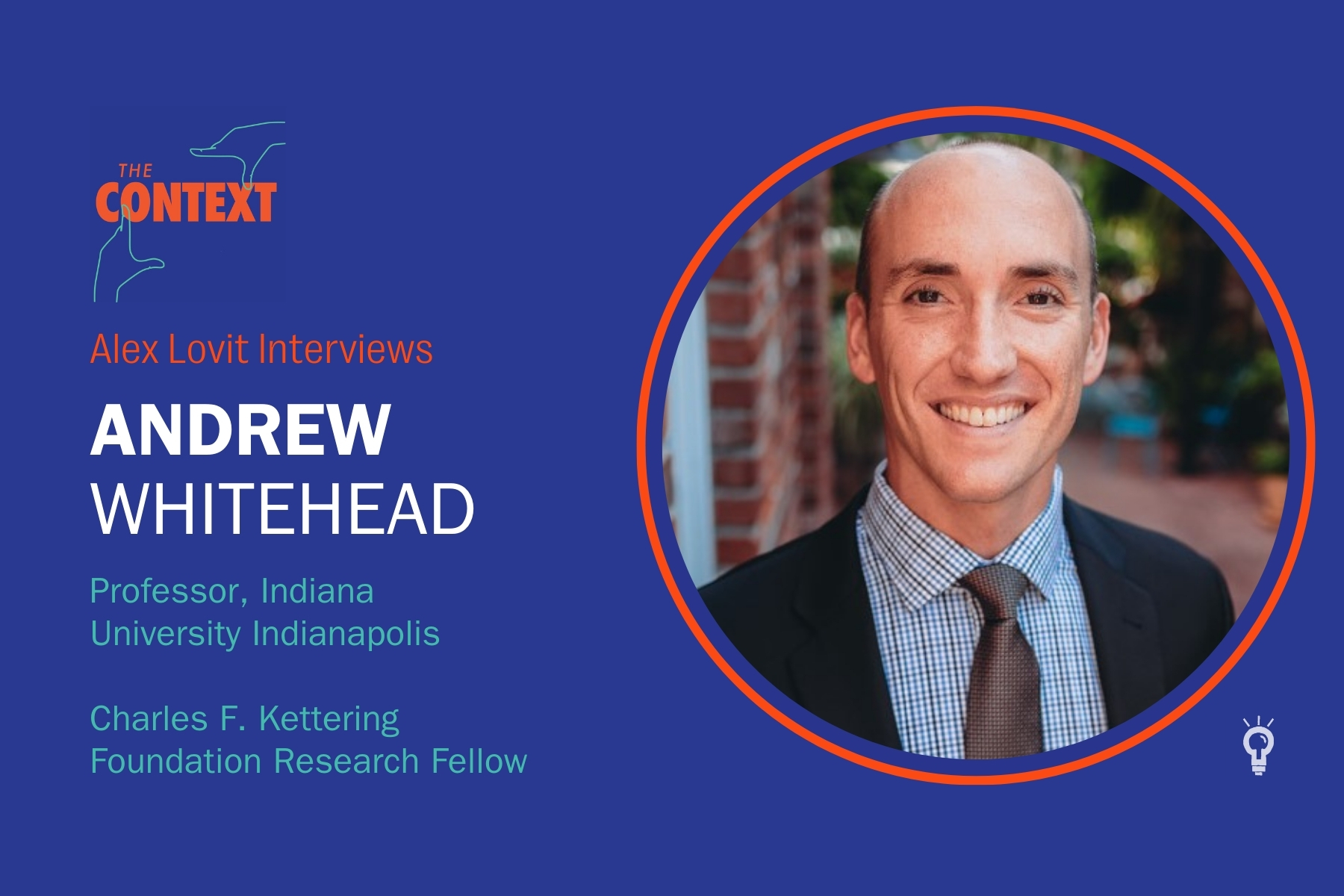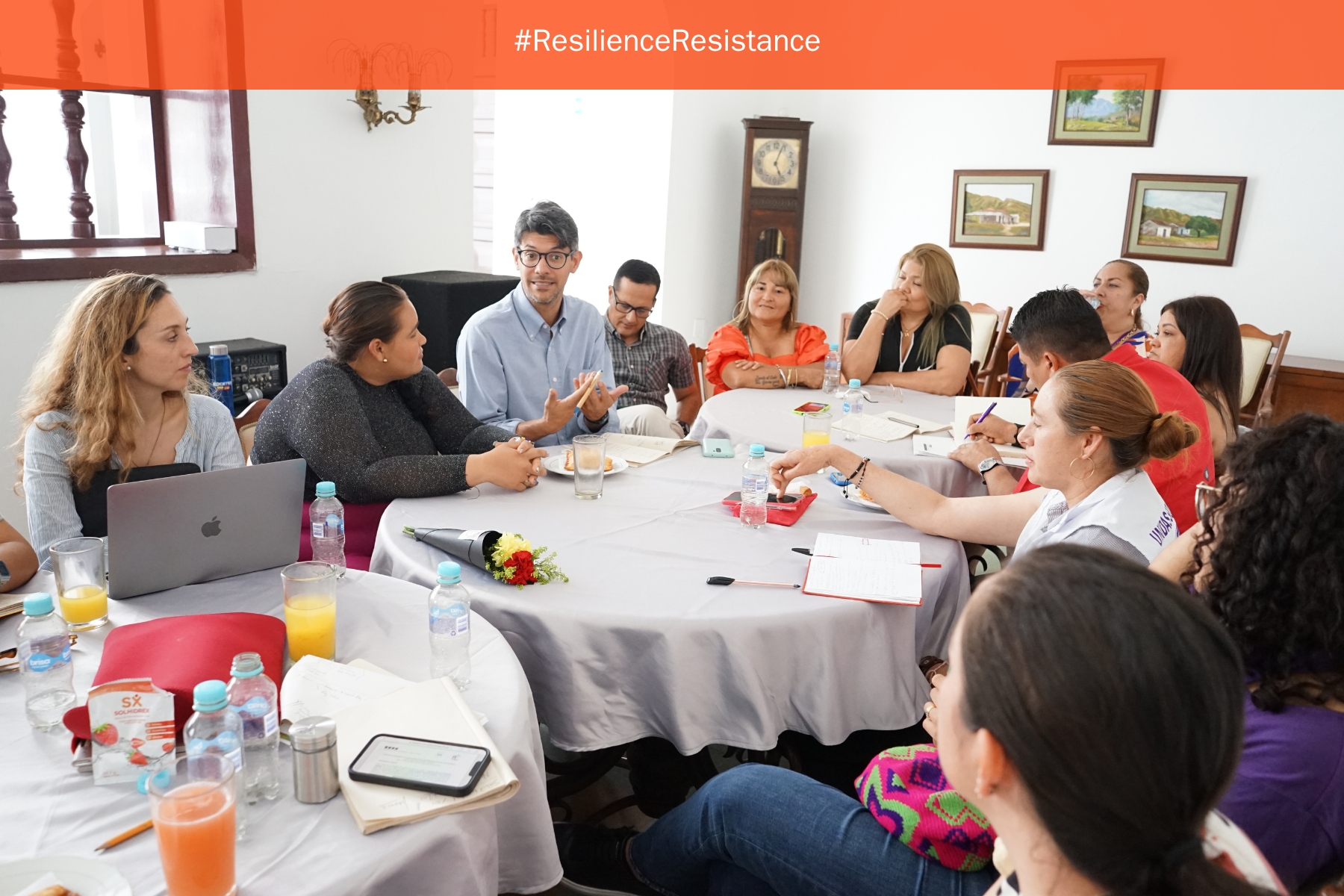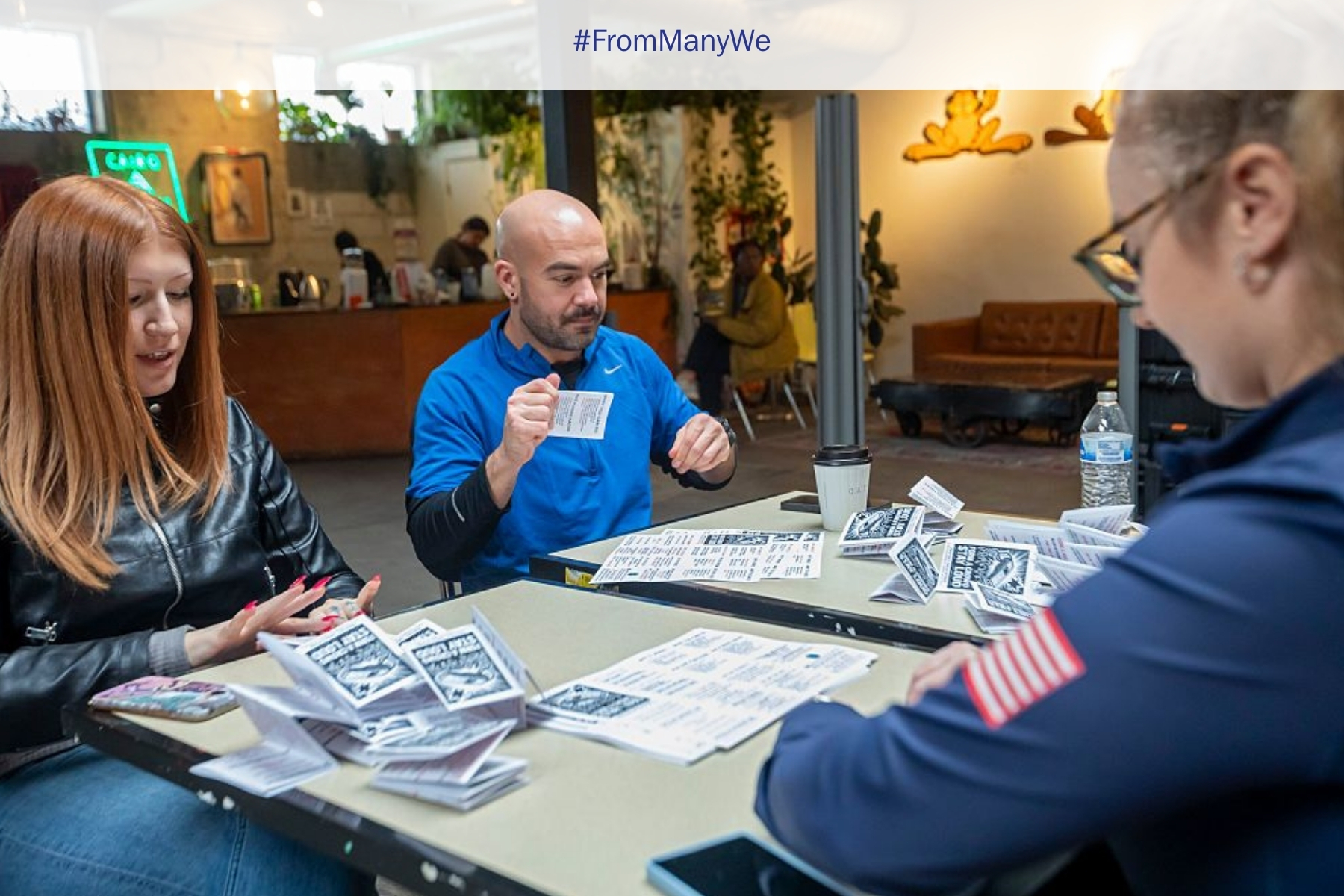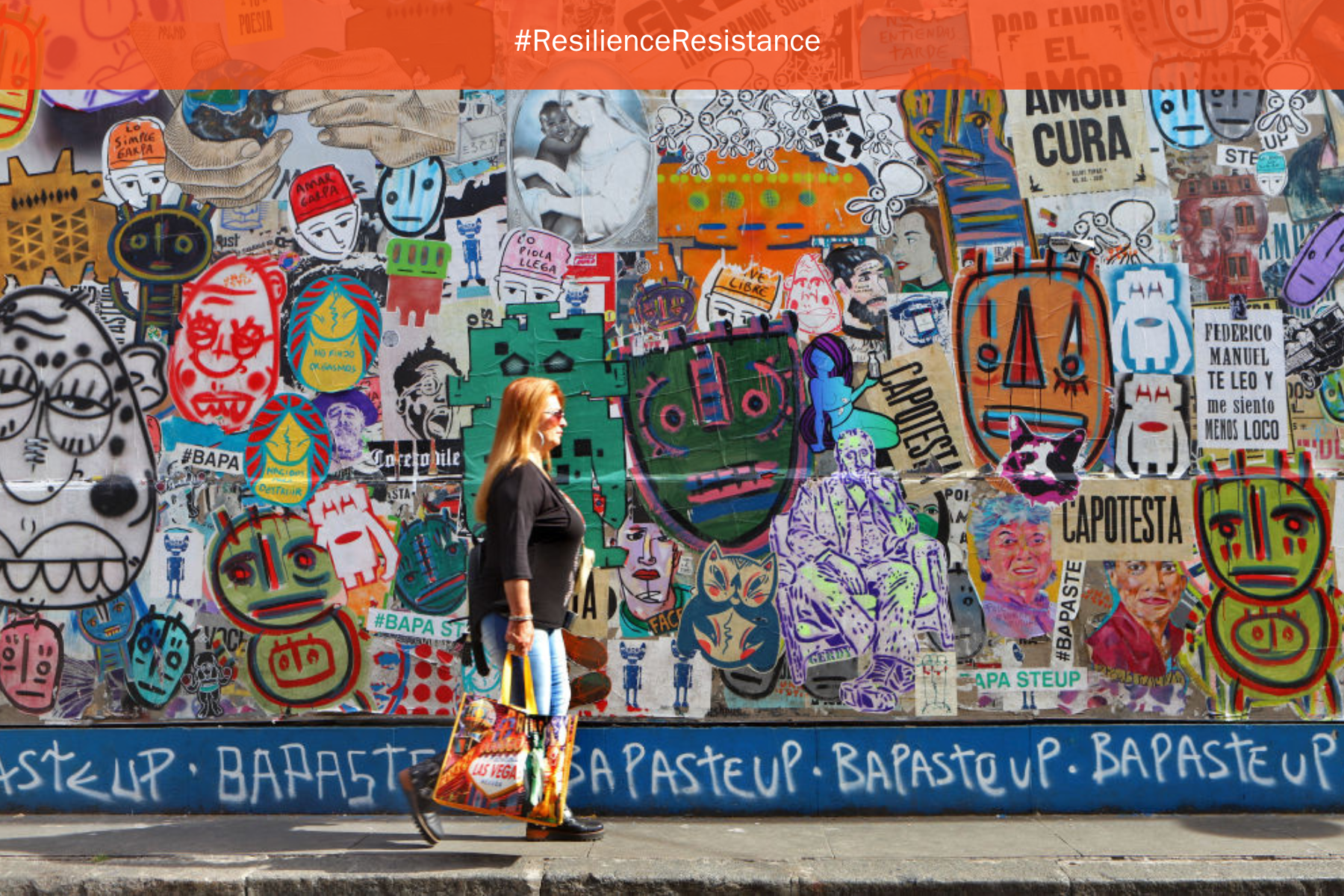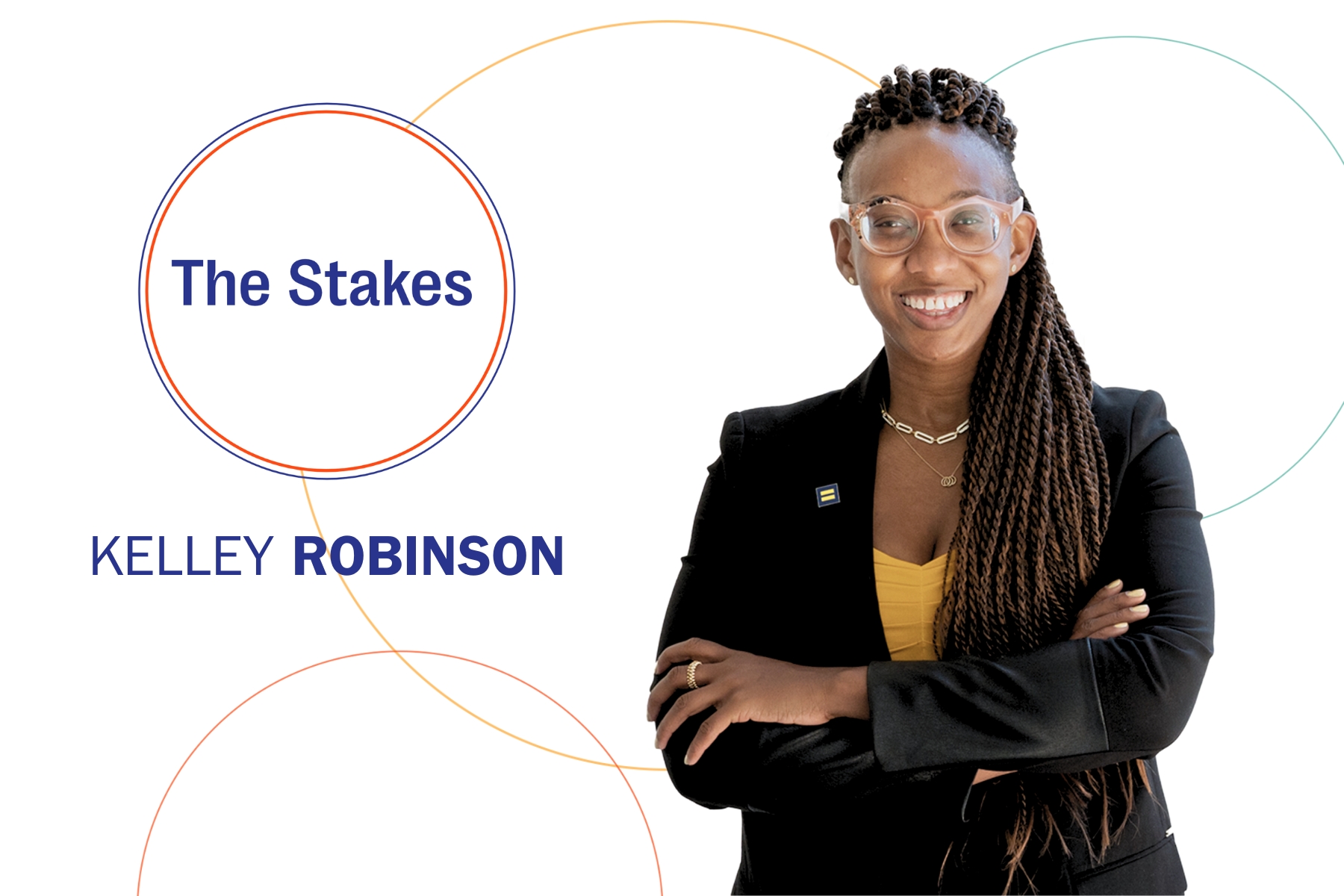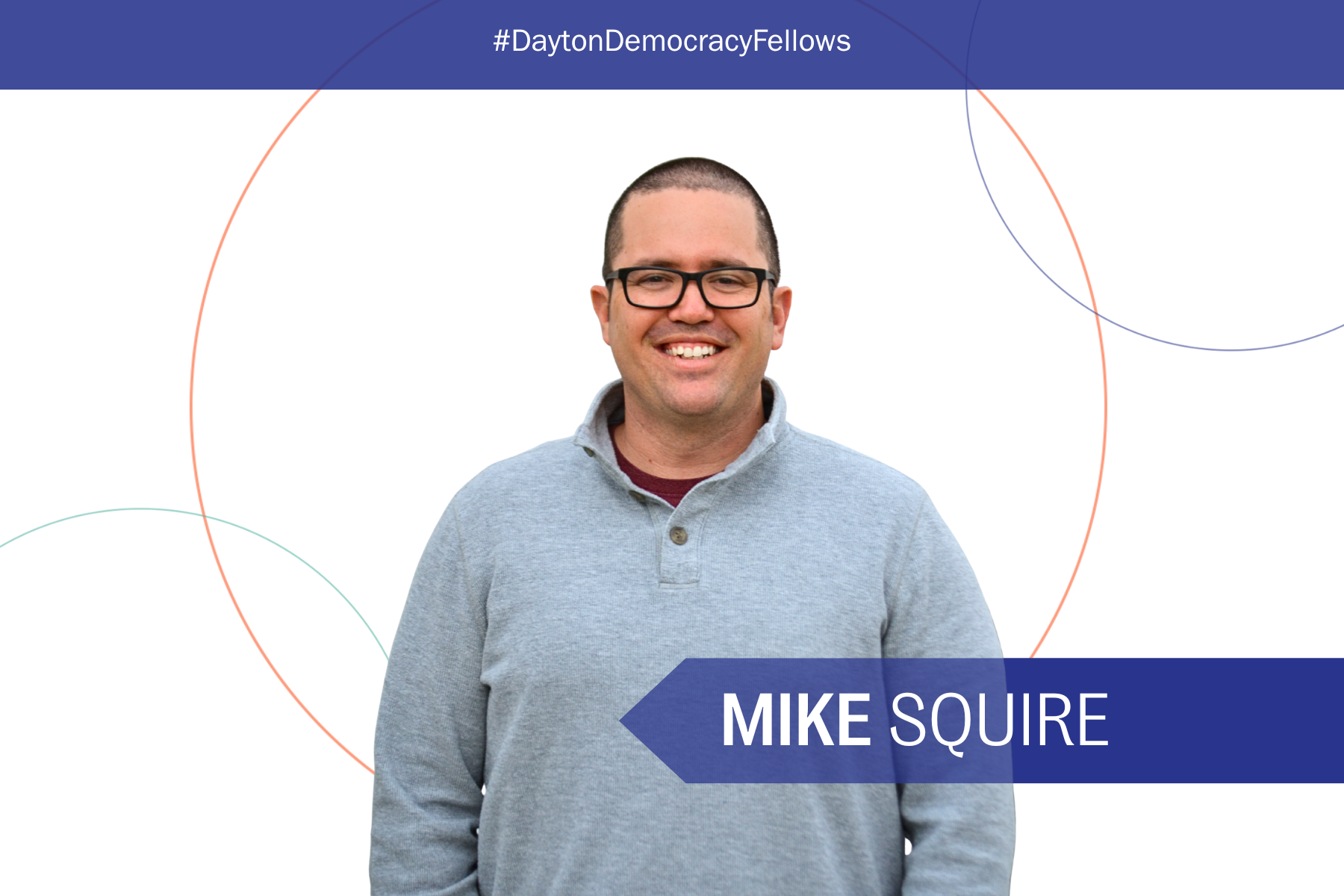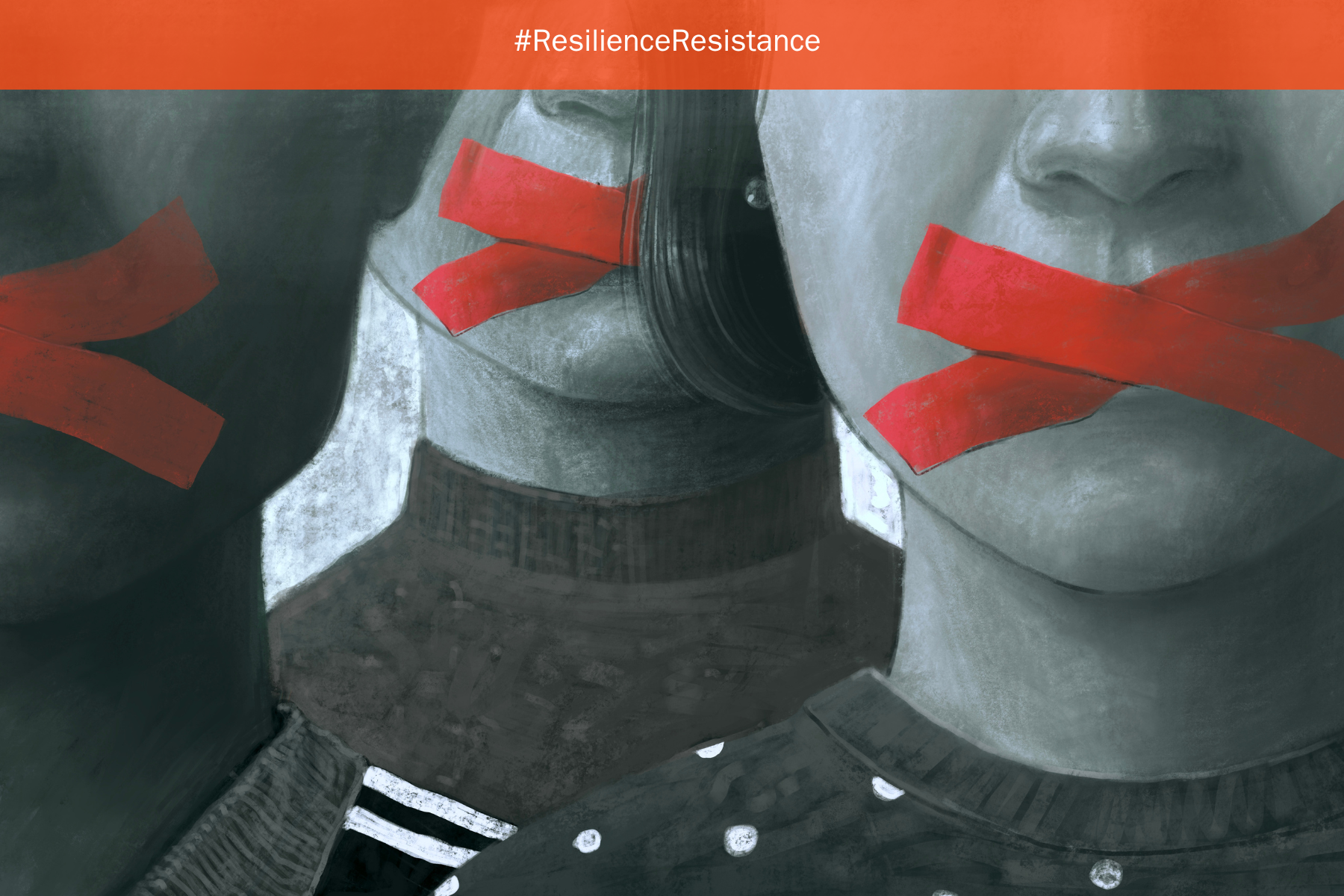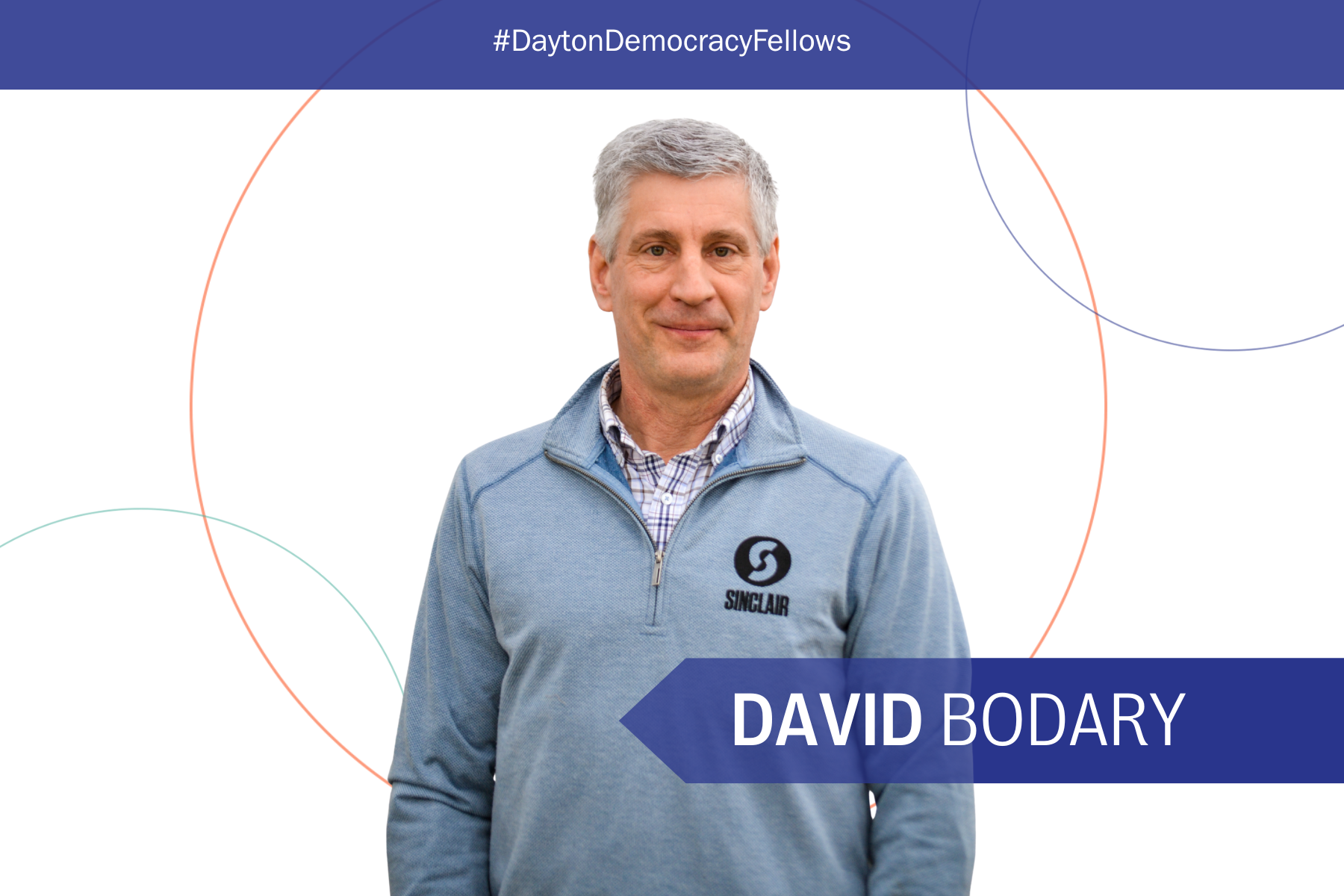Lake Miller: Youth Are Leaders of Today, Not Just Tomorrow
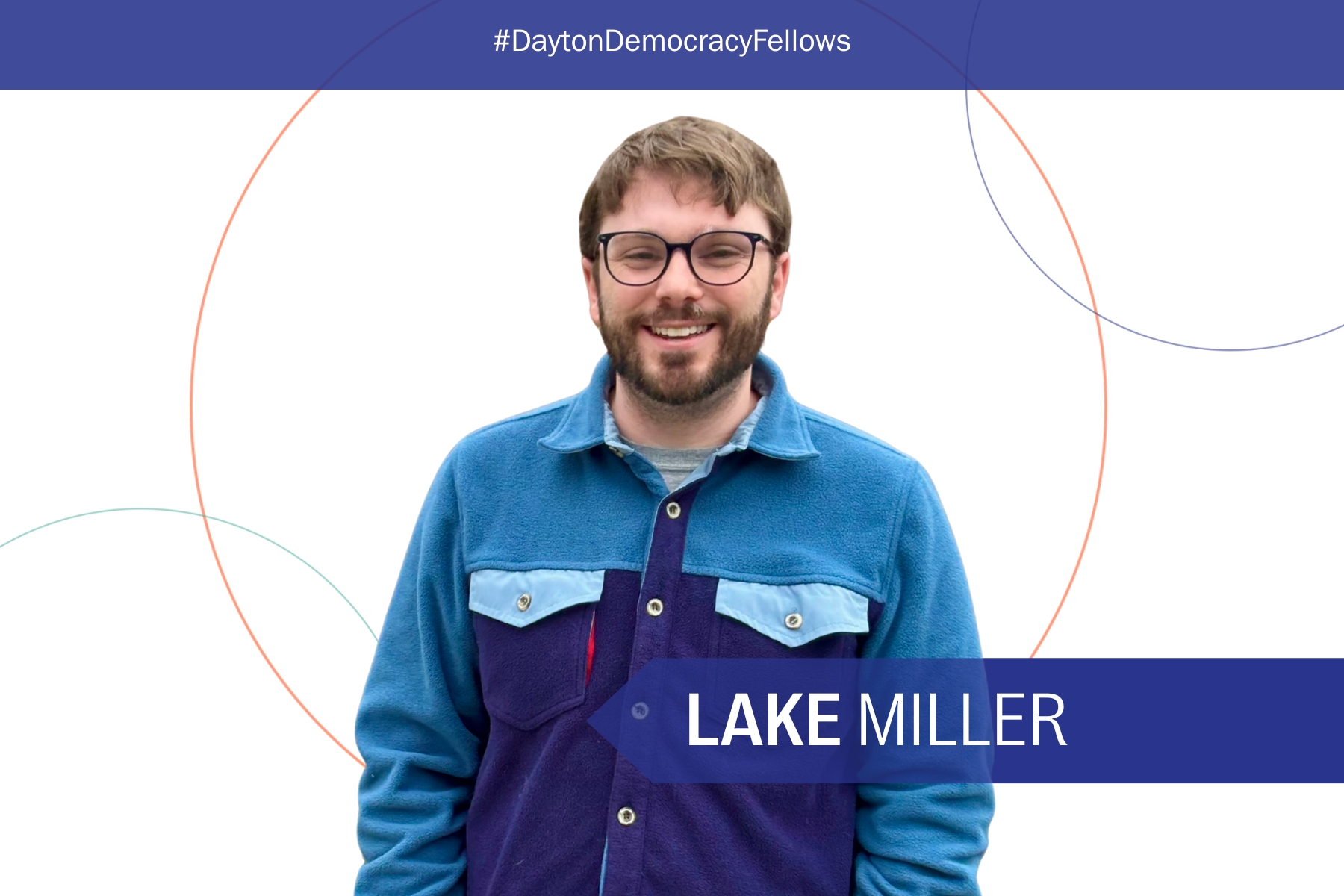
The Kettering Foundation’s Dayton Democracy Fellowship is a program that supports innovative leaders, changemakers, and dreamers who are building movements for inclusive democracy in their communities and in our wider world. This series of articles about the Dayton Democracy Fellows highlights their robust work and the powerful narratives that drive the advancement and defense of democracy.
Dayton Democracy Fellow Lake Miller still remembers the high school youth programs and weeklong leadership camp that became a turning point in his life. "I was totally transformed by them," he said. He never forgot the organization behind those experiences, the National Conference for Community and Justice of Greater Dayton. Eight years ago, he volunteered with the organization to help staff the camp for one summer. "I never really left," he laughed. Last year, the organization changed its name to NCCJ: Nurturing Community, Cultivating Justice.
Now director of education for NCCJ, he oversees programs that work to educate and empower communities to eliminate bias, bigotry, and all forms of discrimination. The biggest part of that mission, and clearly the cause closest to his heart, is youth leadership development. But that is just one of three pillars of the agency's programming, the other two being workplace professional development and community advocacy and action. A native of Yellow Springs, Ohio, Miller oversees all three.
"I would say our primary work is really identifying how we can enable healthy, inclusive communities where people of all different backgrounds are celebrated and have opportunities for success," Miller said. Inclusion and helping communities foster a positive atmosphere of belonging is more than neighborliness. Those efforts help prevent substance abuse disorders, depression, and suicide—issues that are more prevalent in groups that have faced discrimination and have been marginalized, he said. The work also dovetails with his volunteer activities as president of the Montgomery County Prevention Coalition.
Miller believes that helping young people understand that they matter, that their voices matter, is key to more than youth leadership. "Without that, you can't have democracy," he said.
"When we think about democracy and our work, starting with youth, it's really critical for us to give those that we serve the tools to advocate for themselves and for their community," he said. "With a lot of our youth, that also looks like assisting grassroots efforts or actually creating some of these grassroots efforts."
The organization helps young people not only speak up on behalf of values and issues they believe in, but also to listen respectfully to others.
"It's easy just to stand up and always shout what you have to say," Miller said. "It's a whole other skill to be able to listen to what other people have to say, especially when you disagree with them."
One of the frustrating aspects of working in the prevention field is that people want to see results quickly. That doesn't always happen, said Miller. "It takes time to change community. It takes time to build resilience. . . . You're talking about an ecosystem that needs to change," he said.
The big difference between Miller's own transformative high school experience with NCCJ and today is social media. Years ago, he said, the organization spent time educating young people about the issues. Today, young people can educate themselves on the issues by going on the internet. And they often begin to brainstorm with each other on possible solutions to problems that they are all facing.
It was that understanding that changed his philosophy of working with the young, he said, helped by a remark he heard at a conference where he heard a woman say, "Youth are not the leaders of tomorrow; they're the leaders of today."
The truth of her words changed his viewpoint in an instant. Adults, he said, are conditioned to view work like his as preparing the young for years in the future, when they grow up.
"But they're living in our communities now, they're active in our communities now, they've got ideas about our communities now," Miller said. "Why are we waiting until tomorrow?"
Maura Casey is a former editorial writer for the New York Times and has worked with the Kettering Foundation since 2010.
